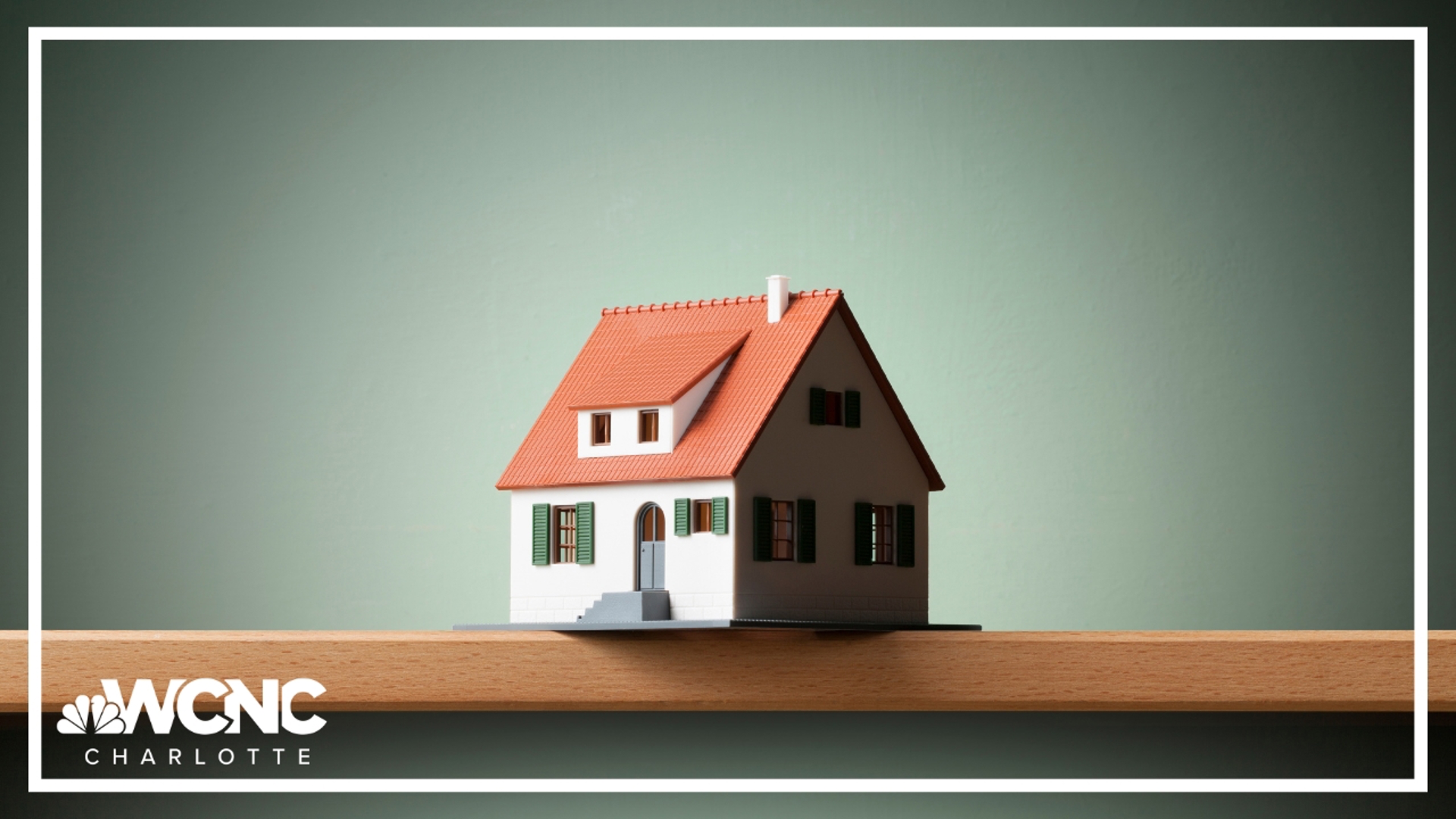CHARLOTTE, N.C. — New research shows homeownership is becoming harder to achieve in the Charlotte region due to a lack of supply, which is driving up prices and interest rates.
UNC Charlotte's Childress Klein Center for Real Estate has released its annual "State of Housing" report. Yongqiang Chu, the lead researcher, said during a presentation on Wednesday the market has stabilized since the pandemic, but prices are still increasing due to demand. However, more than half of households in the Charlotte region can’t afford the lowest-priced houses on the market.
"Supply-side is still very, very tight," Chu noted.
The study found the median house price is up 4% in September 2024, compared to September 2023. Additionally, in 2019, 54% of the houses sold in the Charlotte area were under $300,000. However, only 19% of the housing stock has sold for under $300,000 in 2024.
Buyers are also grappling with high interest rates, which Chu thinks aren’t going to improve due to the lack of housing supply.
"We all know the Federal Reserve is gonna cut interest rates," Chu said. "Is that going to translate into big changes, decreases in interest rates going forward? My answer is probably not. The reason is: We are going to build up a huge deficit going forward."
Charlotte builder Andrew Sharpe thinks one thing that could improve supply is if the city improved the time it takes to get building permits approved.
"I used to be able to go sit with a general contractor on-site at a build, put in the design and information we already accumulated, and print the permit, hang it in the window," Sharpe explained. "Now, I have to put it in and wait 30 days, 60 days, 90 days, and sometimes even 4 months to build one single-family unit."
Sharpe hopes city leaders will consider changing regulations to speed up development.
"We need to take a look at some of the new layers of red tape that we’ve added," Sharpe said.
As for renting in the Charlotte region, the study shows that an oversupply of apartments is slightly decreasing prices.
In fact, Chu said 2022 was the first year since the Great Recession that Charlotte saw a decrease in rent prices. However, he doesn’t think that trend will continue.
The growing city will create more demand and soon, he predicts the region will be in another deficit for rental units.
Contact Julia Kauffman at jkauffman@wcnc.com and follow her on Facebook, X and Instagram.

